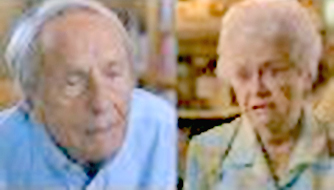| Download video: mp4 format | webm format |
| Download video: mp4 format | webm format |
| Download video: mp4 format | webm format |

|
Living offspring of Civil War veterans
“My father said that the men in the North were just like he was,” she said. “He told us, ‘We were all far away from home, and we all would much rather have been home with our families.’ There was no bitterness on his part at all.” Among the experiences of William Upham was one involving Confederate States President Jefferson Davis. Upham was corporal of the guard for the imprisoned Davis and played checkers and chess with him. He said Davis was pleasant and social, full of reminiscences and was a fine Southern gentleman who knew Wisconsin better than even William did because Jefferson Davis had traveled the state as a surveyor. Clifford Hamm’s father, John, fought for the South, serving in the 71st Regiment, North Carolina Troops. “My seventh- and eighth-grade teacher, Mrs. Little, taught about the war from the Southern point of view,” Hamm related. “To her, it was the war of Northern aggression – not the Civil War, because there was nothing civil about it." Clifford, who followed in his father’s warrior footsteps as a U.S. Marine in World War II, says he still thinks of the War Between the States the way Mrs. Little did. “My father would never acknowledge the South was defeated,” he commented. “He used the word ‘overcome.’” Among this group of Civil War children are four surviving siblings from the same family: Charles Parker Pool’s sons, John, Garland and William, and his daughter, Florence Wilson. Their father served in the Union’s Sixth West Virginia Infantry. “My father didn’t like to talk much about the war,” Garland noted. “He did say the main reason he wanted to fight was that he didn’t want to see the nation divided, and because he was against slavery.” William remembers the story of his father’s company capturing a Confederate soldier who had a slave as his personal attendant throughout the war. The slave, freed when his master was taken prisoner, had asked Pool’s company commander for his gun. “The slave clubbed the Rebel with it and stood over him saying, ‘The bottom rail is now on top.’” Whether Northern or Southern, these Civil War sons and daughters shared a collective experience as they grew up: In school, when they told how their fathers had fought in the Civil War, teachers and classmates scoffed, saying it couldn’t be true. “There’s been a lot of sideways glances over the years,” Fred said. “They told me, ‘It must have been your grandfather or your great-grandfather,’” Hazel Jeter explained. “They thought I was lying and looked at me like I was crazy.” Hazel is the daughter of Silas D. Mason of the First Maine Cavalry. Gail Lowman Crosby, president of the real daughter club for the United Daughters of the Confederacy, emphasized that the Civil War children are a true link to “another part of this country’s history.” “Whether Confederate or Union, they’re a treasure,” she continued. “The stories they tell today are the stories they heard as they sat on their daddy's knee.”
|
Back to top
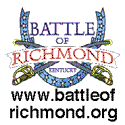
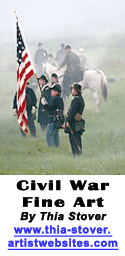
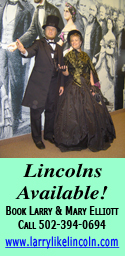
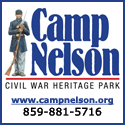
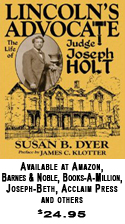
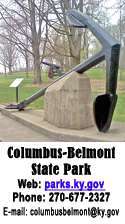

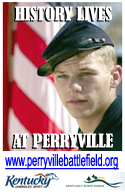

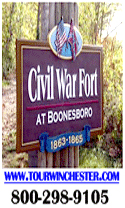
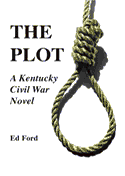

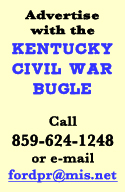
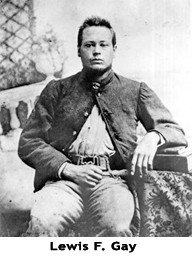 Iris, who lives in Georgia, is one of only 11 surviving daughters of Southern soldiers documented by the United Daughters of the Confederacy. She was nine when her father,
Iris, who lives in Georgia, is one of only 11 surviving daughters of Southern soldiers documented by the United Daughters of the Confederacy. She was nine when her father, 